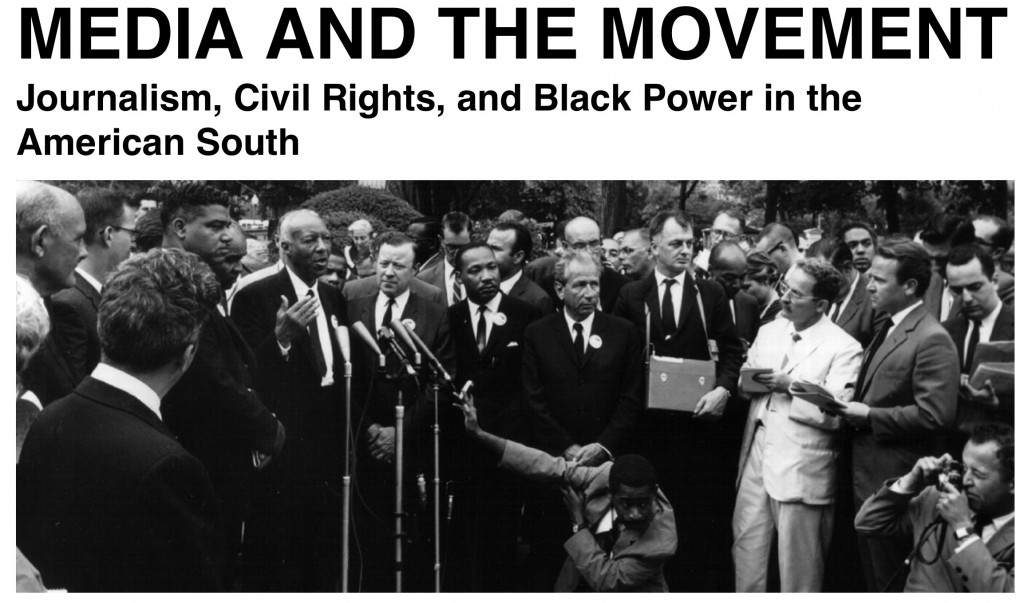IF THIS WERE AN ORDINARY RADIO STATION…

Advertisement for WAFR’s second annual fundraising marathon from Durham’s Carolina Times newspaper, 1973
WAFR and WVSP were no ordinary radio stations. Amid a media landscape that was overwhelmingly commercial, both stations were non-commercial. They depended on neither advertising revenue nor funding from any established institution like a college or university.
Raising the funds needed for a non-commercial broadcasting was far from easy, however. These stations survived for years on a mix of modest federal funding, grants, and listener donations from regular fundraising campaigns. But WAFR and WVSP both eventually folded largely due to the overwhelming and constant challenges of raising adequate funds for maintaining station operations.
But as long as they were on the air, both stations never let their audiences forget that they were listening to non-commercial radio, as the audio clip from WAFR’s 1975 fundraising marathon demonstrates.
(Don’t see the audio player? Try Safari or Firefox. Or use the QR code below.)
WAFR and WVSP embodied a participatory vision of media based in local communities. At both stations, volunteers without any prior experience in media could complete the necessary FCC-mandated training that allowed them to host their own shows on the air. Volunteers accounted for a large majority of broadcasting hours at both stations.
The excerpt below from the April 1978 issue WVSP’s Dialogue invites listeners not only to underwrite programming, but to share recordings of meetings and lectures and even submit audio interviews of people on the street to the station, all to be played over the air.




